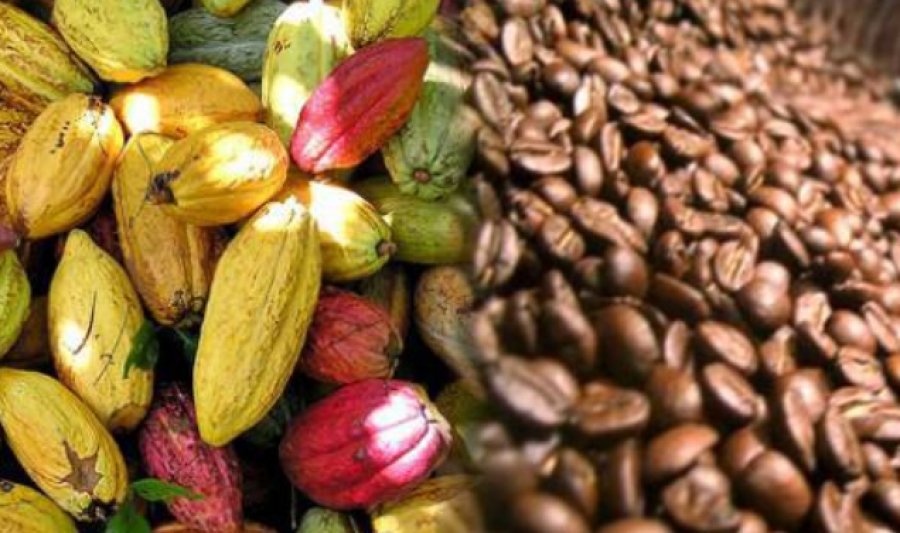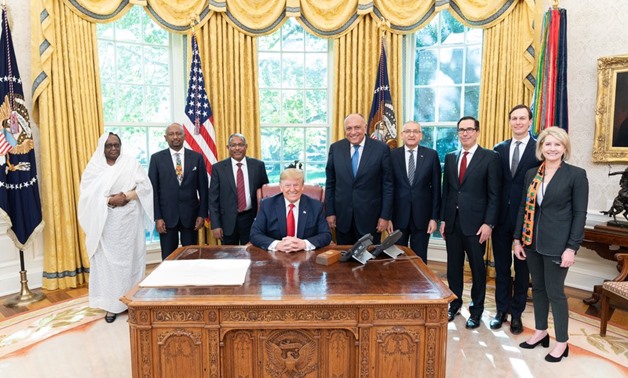The new European Union anti-deforestation law, which aims at protecting dwindling forests by outlawing products sourced from deforested areas, is closely watched in parts of Africa, with some local traders arguing that the new rules effectively dissuade European companies from purchasing their coffee.
Some industry sources have cautioned that the new rules requiring companies to provide more detailed evidence that the coffee they sell is not linked to deforestation will reorder how the world gets its coffee. In particular, the cost and difficulty of complying with the new law, which comes into force late in 2024, was already having unintended impacts that could in time reshape global commodities markets. Experts also warn the EU Deforestation Regulation (EUDR) could particularly penalize so-called smallholder coffee farmers in Africa, and it will thus effectively create new winners and losers. Already, orders for Ethiopian grown coffee have reportedly fallen, which could also be because the country’s authorities have been slow to react to the new EU rules.
Ethiopia, where coffee makes up about a third of total export earnings, according to a US Department of Agriculture report, rolled out a national plan in February 2024 but it has so far failed to resolve the fundamental issue of how to gather required data from millions of small farmers and provide that information to buyers. “That requires a huge amount of resources,” said Gizat Worku, head of the Ethiopian Coffee Exporters Association, adding that orders are falling due to doubts about the country’s ability to comply with the EUDR. With an estimated 25 million smallholder farmers who produce about 80% of the coffee consumed worldwide, many of whom live in remote places with patchy internet, the implementation of the new EU regulation will not be easy.


